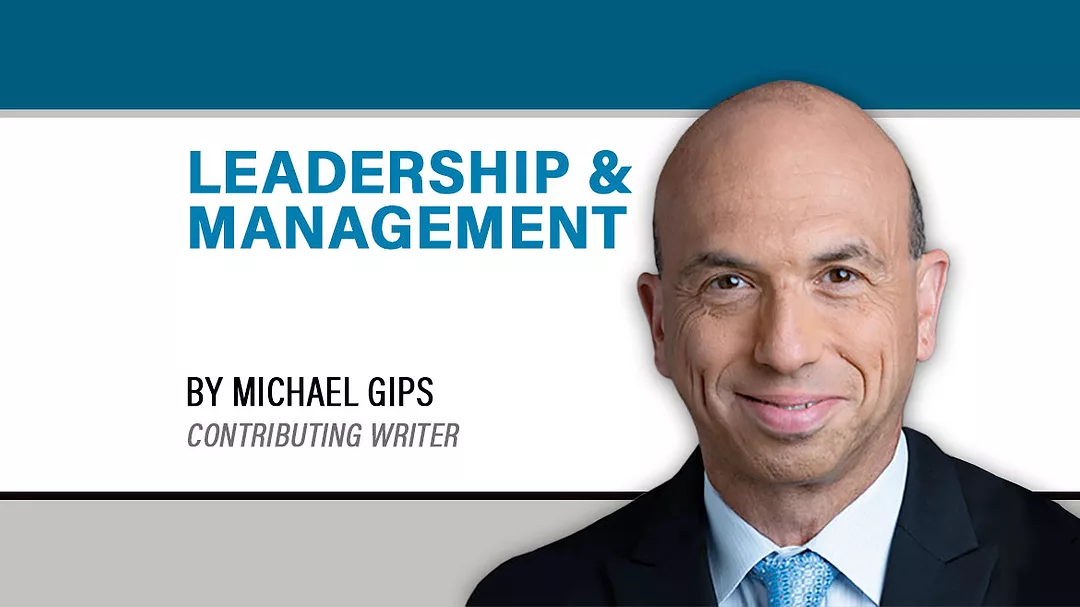Leadership & Management
When solution providers host industry conferences
How to choose which security conferences to attend, exhibit at, or present at depends on many different factors.

AzmanL / E+ via Getty Images

People often ask me which security conferences they should attend, exhibit at, or present at. Of course, the answer depends on their objectives, role in the industry/profession, areas of interest, budget, location, personal style, vertical market and numerous other factors.
Great conferences might have 30 attendees or 30,000. They could be buzzing with drones and robots, or they can be confined to sterile classrooms. Extracurricular events could be a rager at House of Blues or a demure happy hour in a motel conference room.
For now, well-established associations, event companies, organizations and media brands dominate the most high-profile events, such as GSX, ISC West, OSAC Week, the Security 500, IFSEC, Security Essen, SECON, The Security Event, ISC East, and ASIS LatAm. Dozens of smaller conferences fill the niches for vertical markets (IAHSS, IFCCP, NCS4, etc.) and specific security specialties (Close Protection Conference, Loss Prevention Research Council’s Impact, National Conference on Cultural Property Protection, etc.).
But security providers have increasingly been hosting their own conferences, roadshows and other live events, not just to introduce existing customers to new products and features and to woo new clients, but to showcase thought leadership. User-experience conferences are giving way to grander themes. Vendors are bringing in powerful names to cover topics that go beyond their core products and services. Rachel Briggs of The Clarity Factory keynoted one day of the Ontic Summit 2024 in Austin, Texas, which also featured high-profile presenters such as Brian Tuskan of ServiceNow, retired Boeing CSO Dave Komendat, and Arian Avila of Capital One.
A few other events of note:
- International SOS Conference, Melbourne, Australia, April 30
- Ascend 2024: Resolver Security Summit, San Diego, May 15-17
- Esri Safety and Security Summit, San Diego, July 13-16
Such provider-spun events are becoming more common — Peter O’Neil, CEO of ASIS International, and Mark Folmer, President of Robotic Assistance Devices, are among those who view them as a growing trend.
But, is there room for them in a crowded marketplace? Do practitioners see them as true thought leadership initiatives or as mere marketing and sales opportunities? I posted an unscientific poll on LinkedIn to get a quick read. Sixty percent decry such conferences as self-promotional sales opportunities. The remaining 40% split evenly between those who think there are enough conferences already and those who find significant value. But the comments to the post are instructive, suggesting that strong topics, presenters, attendees, networking and takeaways can make these events compelling.
You might think security organizations would consider vendor conferences to be a threat. But ASIS’ O’Neil doesn’t view it that way. “There’s enough space in the market for companies to be disseminating knowledge,” he says. “If it truly advances protection, that could only ever be a good thing.”
In fact, O’Neil notes that these events represent a prime opportunity to demonstrate thought leadership. RAD’s Folmer agrees. “Everyone is trying to market themselves as solutions providers,” not just sellers of a product or service, he observes. Boutique events present platforms for vendors to enrich and advance the profession outside of their typical lane.
However, both O’Neil and Folmer caution would-be conference hosts to avoid the perception, captured in the poll response, that these events are mere sales pitches. “Done wrong,” warns Folmer,” they can do more harm than good. Adds O’Neil: “If you are going to do it, you better be all in. Hire true content creators or partner with respected thought leaders. Don’t just sell, sell, sell.”
Looking for a reprint of this article?
From high-res PDFs to custom plaques, order your copy today!






